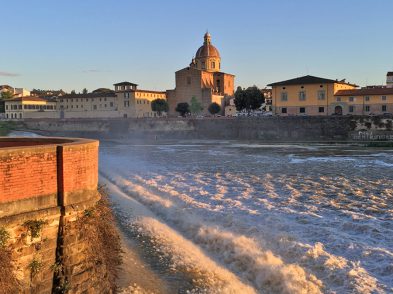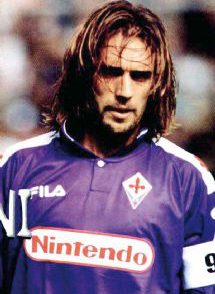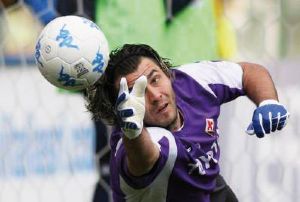Mestre Boca Nua, whose real name is Cosme Soares de Oliveira, was destined to become a mestre (master) of capoeira, the Afro-Brazilian art form that combines music, dance and martial art, and whose origins go back to the sixteenth century when African slaves, after arriving in Brazil, combined the fighting styles from different tribes. Not only was he born in Salvador de Bahia, Brazil where the ‘dance of war’ originated, but he was taught by a mestre who learned capoeira directly from the two founding mestre: Mestre Bimba (Manuel dos Reis Machado) and Mestre Pastinha (Vicente Ferreira). These two mestre defined capoeira as it is today.
At the age of 10, Boca Nua abandoned soccer, his country’s national sport, after becoming enthralled by the movements and rhythm of capoeira. His parents and family did not approve of his decision because, at the time, only the poorest people in Brazil practiced capoeira. However, for Boca Nua, capoeira was not just a pastime; it was his passion.
Determined to learn as much as he could about capoeira, Boca Nua practiced every day for 12 to 16 hours. At 18, he was selected to participate in a tour to present and perform capoeira internationally. For two years, he traveled Europe and Canada with a group of Brazilians who performed other aspects of Brazilian folklore to crowds both large and small.
After this world tour, instead of returning to his hometown in the northeastern part of Brazil, Boca Nua moved to Rio de Janeiro. From there, he traveled around Brazil with other mestre to promote capoeira. In 1984, Boca Nua was invited to Italy to spend a year presenting capoeira around the country. The Italian entrepreneur in charge of this tour selected the best artists he could find in Brazil and only one capoeirista: Boca Nua.
In 1992, after returning from Italy, Boca Nua moved back to Salvador de Bahia and became a mestre at the age of 27. In his hometown, he opened a cultural center, where he taught capoeira to children. By this time, capoeira had become quite popular in Brazil, no longer having the same stigma it did 20 years earlier.
Boca Nua had become well known internationally and was even asked to participate in the American movie Kickboxing 3: The Art of War. In 1994, he was hired to perform capoeira in a Brazilian nightclub in Florence. He was open to returning to Italy, and even more so to Florence as capoeira was virtually unknown here at the time. After working only a few months, Boca Nua made a bold decision: to make Florence his home and to establish the city’s first cultural association for capoeira, Associazione Culturale Axé (www.capoeirafirenze.com).
Over the past 15 years, Boca Nua, who is the only mestre in Florence, has dedicated his life to teaching capoeira to thousands of people in and around Florence. He holds his classes in four different gyms.
With all the success Boca Nua has had in Italy and around the world, he has no desire to slow down and relish in his achievements. His next goal is to open a certified capoeira school in Florence, where the Afro-Brazilian art form can be taught and experienced in its entirety.
For Boca Nua, capoeira is not just a martial art, but also a way of life. With passion for capoeira running through his veins, while engaging his students to learn the moves and songs, he also motivates them to discover their identities. Boca Nua came to Florence in the hopes of promoting capoeira to help others find the strength inside themselves to live life to the fullest and face it with tranquility and courage-just as he has.








